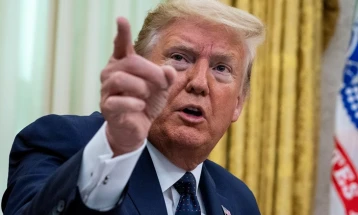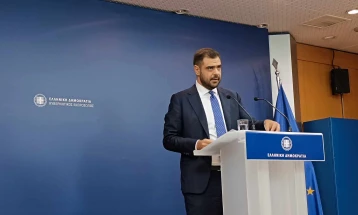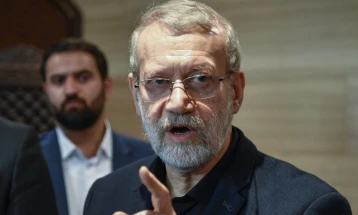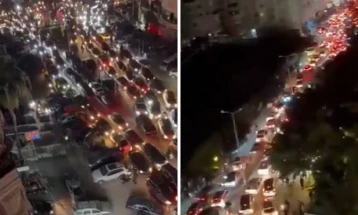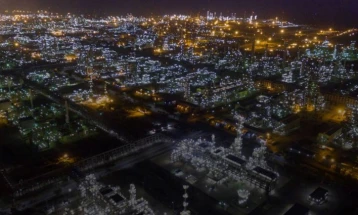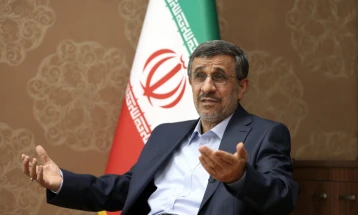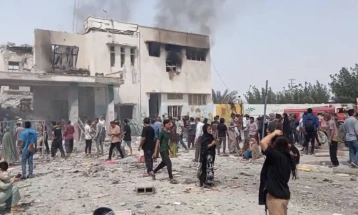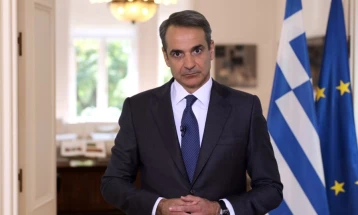Iran nuclear talks in Vienna resume constructively despite tensions
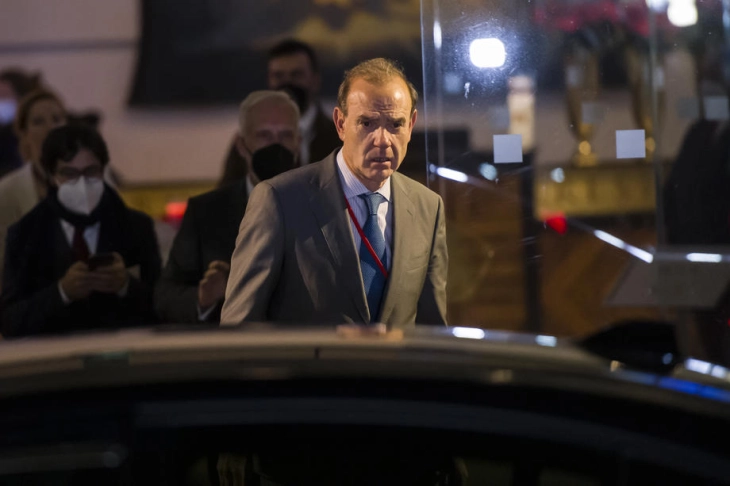
Vienna, 29 November 2021 (dpa/MIA) - After a five-month hiatus, high-ranking diplomats from the US, Iran, Britain, France, Germany and China have once again commenced negotiations in Vienna in an attempt to revive the 2015 nuclear agreement with Iran.
Despite initial signs not looking promising when it became known that Iranian and US diplomats would not talk directly with each other, dashing already-scant hopes of an early breakthrough, will to find a diplomatic solution was in evidence on all sides, EU diplomat Enrique Mora, one of the talks' coordinators, told journalists.
The Iranian negotiating team agreed to build on the results of the previous six rounds of talks, Mora said, adding that there were "understandably new political sensitivities" on the part of Tehran.
According to Mora, one group of diplomats would start working on the lifting of US sanctions on Tuesday. A second was to begin its work on potential de-escalation steps by Iran.
The goal of the talks is to salvage the landmark 2015 agreement, which restricted Iran's nuclear programme in an effort to prevent the country from developing nuclear weapons. Western sanctions were lifted in return.
But the United States pulled out of the pact in 2018 under president Donald Trump, reviving sanctions that severely hit Iran's economy.
Tehran then once again expanded its nuclear facilities, producing near-weapons-grade uranium and limiting international inspections.
Before talks were put on hold in June, negotiators had moved closer to a solution that would persuade the US to lift sanctions and Iran to reinstate restrictions on its nuclear programme.
The Iranian delegation in Vienna this week is entirely different to that last seen at the talks in June, after which Iran's pragmatic President Hassan Rowhani left office and was replaced by arch-conservative Ebrahim Raisi.
The change of leadership in Tehran left diplomats from all five other countries wondering whether Iran's new negotiating team would accept what had been negotiated so far.
"We are going into the new round of negotiations well prepared and very determined, and we will be consistent in our demand regarding the lifting of sanctions," Iran's chief negotiator Ali Bagheri said.
His US counterpart, Robert Malley, hinted at a tougher stance if Tehran does not relent.
"If Iran chooses - and it really is at this point, I think, an Iranian choice - if they choose not to go back into the deal, then obviously, we're going to have to see other efforts, diplomatic and otherwise, to try to address Iran's nuclear ambitions," he said.
Meanwhile, Israeli Prime Minister Naftali Bennett issued an appeal to allies: "Do not give in to Iran's nuclear blackmail."
Bennett said Iran had "a clear goal: to end sanctions in exchange for almost nothing."
